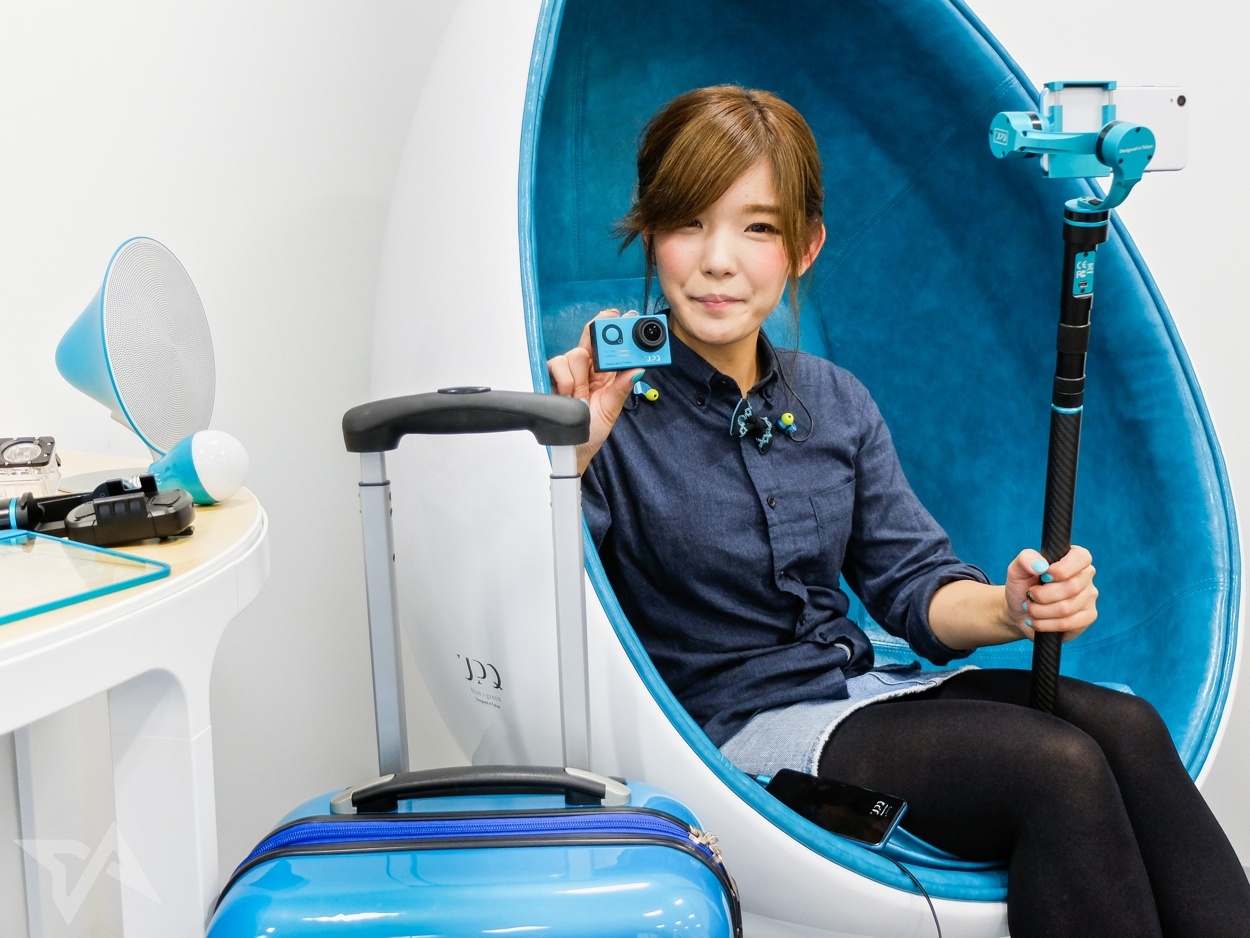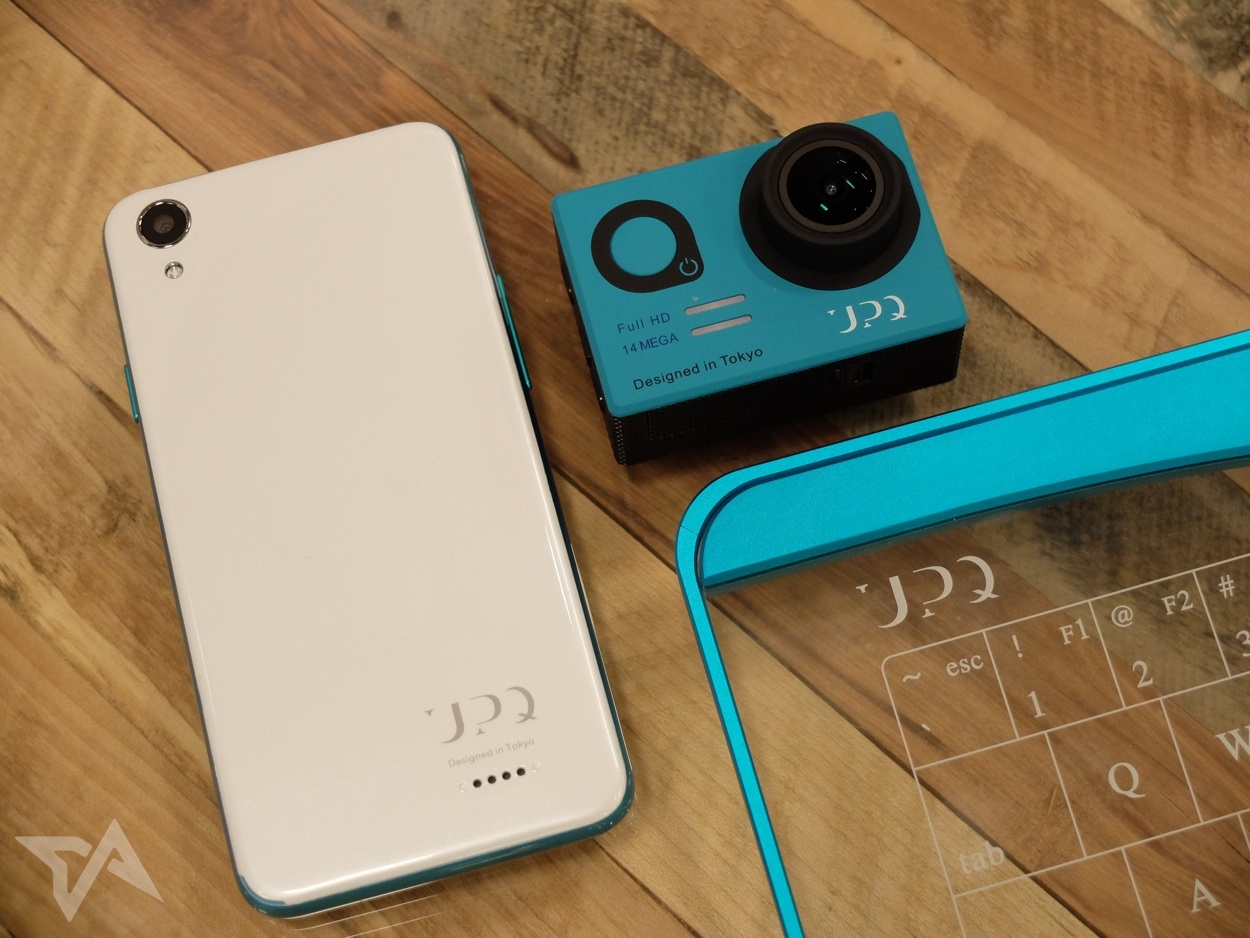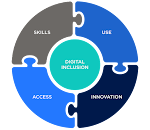
Japan's purchaser gadgets titans are battling. Today's Sony, for instance, looks to some extent like the business pioneer it was in the eighties and nineties. Since February 2014, it's spun off its TV, sound, and feature divisions – and sold its PC fragment altogether.
Expanded remote rivalry is only one purpose behind the part's fast decrease. Japan's tech titans have likewise been blamed for moving too moderate – with formality, administration, and an accentuation on position over capacity hampering advancement.
Over the ocean in China, upstarts like Xiaomi and OnePlus are selling so as to test the present state of affairs innovative contraptions direct to purchasers – at a more sensible cost than set up firms. Could a Japanese startup with a comparable methodology be a nail in the pine box for the nation's beset purchaser hardware organiza
Lightning fast
If UPQ (pronounced “up-Q”) knows anything, it’s how to move fast. The Tokyo-based startup, founded in early June, unveiled 24 products (all but three are consumer electronics) in seven categories at a press conference last week. Ranging from a SIM-free smartphone and GoPro-like action camera to a 50-inch 4K display and a variety of earphones, each item went from idea to production in just two months. And it’s not just a publicity stunt – you can already order everything online.
“We actually had about 100 ideas, but we narrowed it down to 24,” Yuko Nakazawa, UPQ’s founder and CEO, tells Tech in Asia.

Nakazawa’s path to entrepreneurship was an interesting one. She joined Casio as a product planner in 2007, where she worked on the firm’s feature phones, smartphones, and compact cameras.
“Casio had some really unique products, like the G-Shock phone,” Nakazawa says. “I loved doing product planning for these kind of fun, niche products.”
In 2010, Casio and Hitachi’s mobile phone divisions merged with NEC. Unhappy with her new parent company – with design language that favored simple over bold – Nakazawa resigned in 2012. NEC, once Japan’s top feature phone maker, exited the smartphone business a year after Nakazawa’s departure, admitting it was too late to compete with foreign rivals.
Hackathon?
Instead of seeking a job at another electronics company, Nakazawa used her savings to open a cafe in Akihabara.
“I’m not an engineer, so I couldn’t make the kind of gadgets I wanted [to be a product planner for],” Nakazawa says. “But I could open a cafe, and create my own menu. I enjoyed making one-off cakes and giving people something original.”
While walking outside near her cafe last October, Nakazawa came across an advertisement for a hardware hackathon. “I didn’t even know what ‘hackathon’ meant at that time,” Nakazawa says. “So I Googled it.”
As someone who was drawn to the more quirky gadgets during her tenure at Casio, Nakazawa liked the idea of staying up all night to make something completely new and different. Despite not having an engineering or design background, she decided to apply – and was accepted. Her team created an internet-of-things enabled bento (lunch) box called X Ben, which was later invited to join the Japanese Ministry of Economy, Trade, and Industry’s
